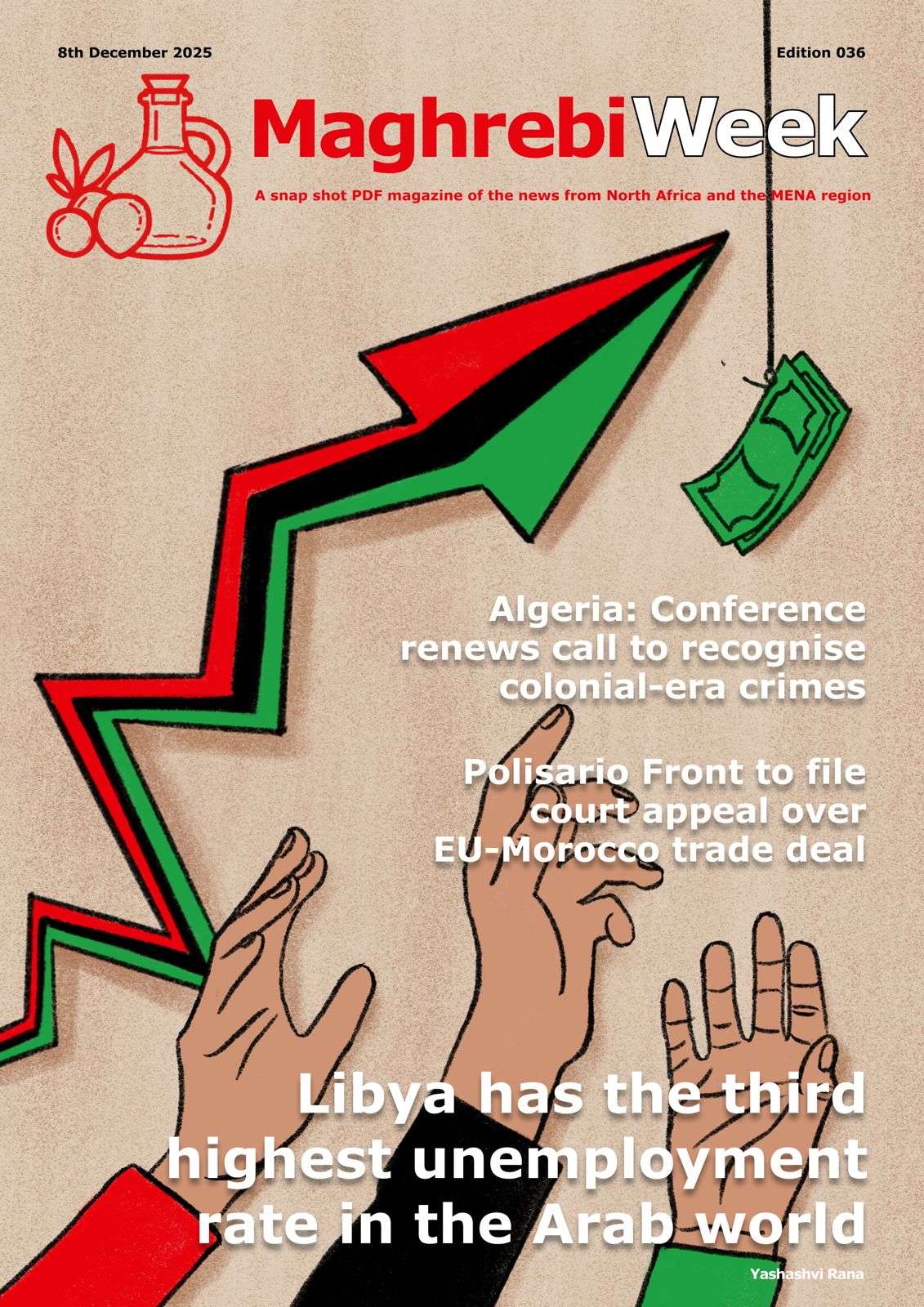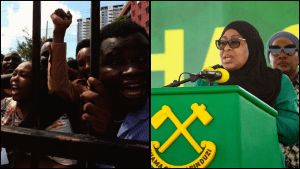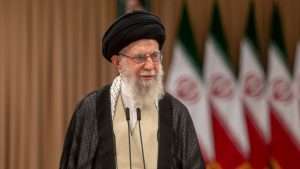Journalist expelled by Swiss authorities despite federal rejection of ban
Swiss authorities detained and expelled Palestinian journalist Ali Abunimah, even though federal agencies rejected a ban on his entry, according to newly obtained documents, The New Arab reported on February 21st.
The executive director of The Electronic Intifada was apprehended by undercover officers in Zurich in January while on his way to speak at an event about Palestine.
While in custody, Abunimah was allegedly confined to a cell 24 hours a day, not given access to his lawyer, and prohibited from contacting his family. Swiss intelligence officers tried to interrogate him without a lawyer present.
Documents obtained by The Electronic Intifada showed that Switzerland’s federal police (Fedpol), immigration authorities, and the national intelligence service looked into his case and concluded that there were no grounds for barring his entry.
The records indicate that an assessment affirmed that talks of genocide allegations and criticism of Israel were protected under free speech, citing similar arguments made at the International Criminal Court.
Fedpol also determined that under free speech laws Abunimah’s social media posts were protected and did not pose any solid risk to security. Despite this, Zurich police pushed for his exclusion, claiming his presence might incite unrest.
By this point, Abunimah had already entered Switzerland. Hours after his arrival, which took place on January 24th, Fedpol abruptly changed course and issued an entry ban, followed by an expulsion order the following day.
Abunimah has since pledged to take legal action against the Swiss authorities. “My lawyers obtained documents proving Swiss authorities knew they had no justification to arrest me but did it anyway. I’m taking aggressive legal action to fight back and protect free speech” Abunimah posted on X.
In a somewhat similar incident that highlights the broader challenges to personal freedom, a Turkish academic in the UK had his visa revoked after the police discovered a Hamas media document on his phone. The document was a widely circulated one.
Switzerland’s decentralised federal system gives cantons significant authority over domestic rules, but national security is under federal jurisdiction.
Fedpol’s reversal has sparked concern among human rights organisations about potential political influence in the country’s legal and immigration procedures.
Human rights advocates have strongly criticised the expulsion as an assault on free speech and press freedoms. During Abunimah’s arrest, UN Special Rapporteur on Freedom of Opinion and Expression, Irene Khan, called on Swiss officials to investigate and free him.
Francesca Albanese, UN special rapporteur on human rights in the occupied territories, said: “The climate surrounding freedom of speech in Europe is becoming increasingly toxic, and we should all be concerned.”
In response to these developments, Abunimah has launched a GoGetFunding campaign to support his legal case.
Fedpol has declined to comment but said that the “application for the entry ban in question was made by the Zurich Cantonal Police.”
The New Arab
Want to chase the pulse of North Africa?
Subscribe to receive our FREE weekly PDF magazine
















